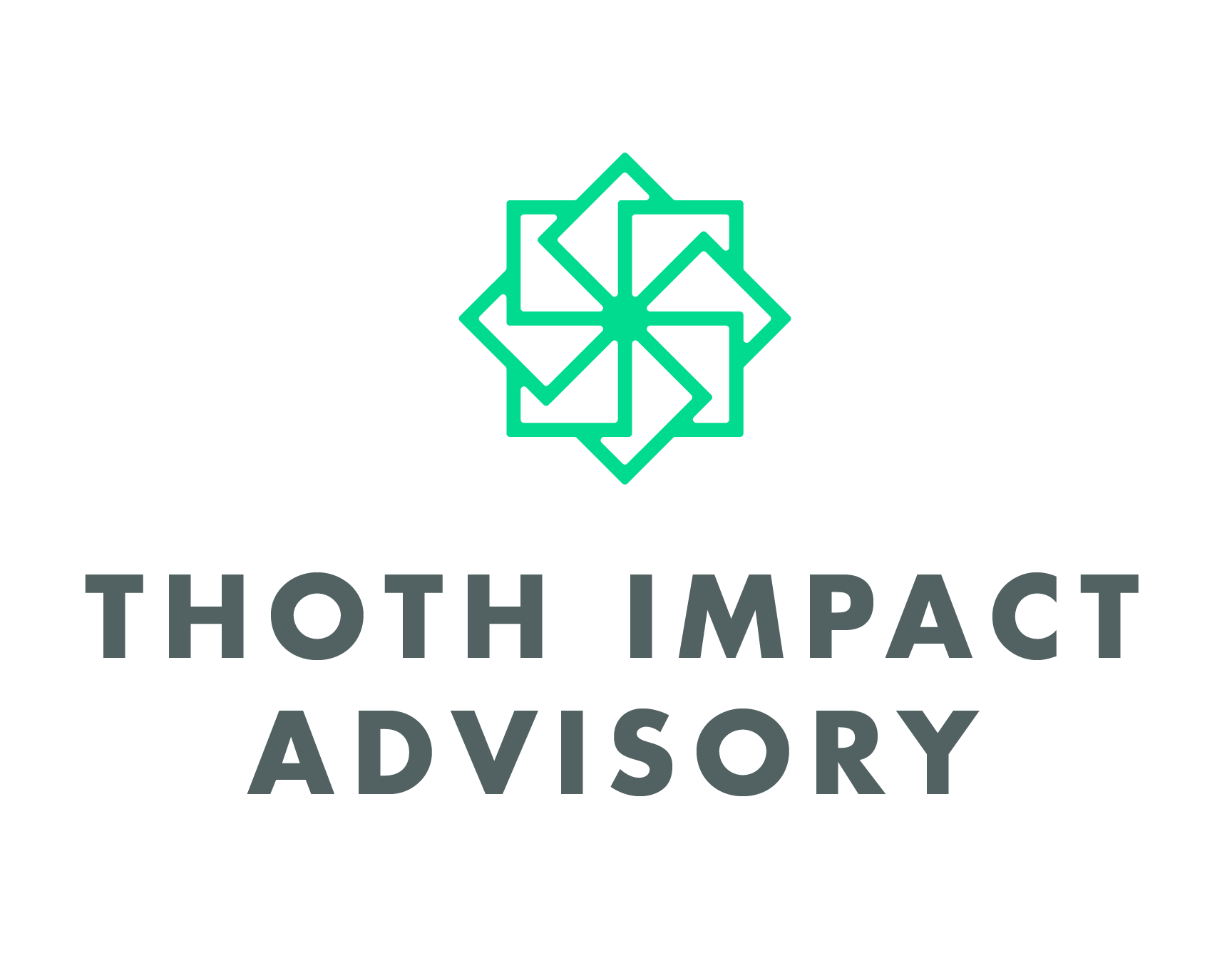Milaap Social Ventures
Projects from 2013-2014:
Grant Scaling-Up - 2013 - 2014
Milaap-DCBS Solar Energy Microloan Programme - 2013 -2014
Working within the microfinance and impact investing spaces since its founding in 2010, Bengaluru (Bangalore)-based Milaap Social Ventures has become India’s leading online microlending platform, which enables users, ranging from individuals to corporates, impact investing firms, foundations and bilateral agencies globally to lend microloans to India’s working poor. Milaap Social Ventures collaborates with a wide array of field partners comprising of NGOs, microfinance institutions (MFIs) and social enterprises throughout India, to provide microloans to this demographic through initiatives pertaining to education and training, energy, enterprise development, women empowerment, healthcare, sustainable farming, vocational training, and water and sanitation. The field partners are carefully chosen by Milaap Social Ventures through a rigorous screening process. Once they become a Milaap field partner, their microloan field-work on the ground is carefully reviewed by Milaap employees through an on-field monitoring & evaluation process.
Kunal worked on two projects with Milaap. The first one was a fundraising and philanthropy engagement project out of Milaap Social Venture’s Singapore office. The primary aim of this project was to reach out to potential donors, particularly foundations, philanthropists and other HNIs and CSR divisions of multinationals, in order to obtain grants from them to scale-up Milaap's microfinance and impact investment initiatives throughout India.
The second and main project was project managing the joint Milaap Social Ventures- DCBS (field partner) project in rural West Bengal, India, on behalf of Milaap Social Ventures and project partners and investors, USAID and ArcFinance (New York-based MFI). The project aimed at providing backup solar energy systems to women entrepreneurs through microloans in the villages within West Bengal’s rural South 24 Parganas District. Responsibilities primarily entailed conducting on-field monitoring & evaluation processes of the project. Such processes included conducting interviews of the microloan recipients (i.e. women entrepreneurs) and writing impact assessment reports (termed Journal Updates) on the progression of the project, such as the quality of solar lamps, extent of repayment of the microloans and the performance of the field-partner, DCBS.
In parallel, Kunal provided consultancy on grant scaling-up to another MFI operating in South 24 Parganas district, VSSU, a United Nations (UN) and Ashoka Changemakers-affilated MFI, which provides microfinance loans to local rural entrepreneurs associated with solar energy, women enterprise development, fishery and environmental conservation initiatives.

